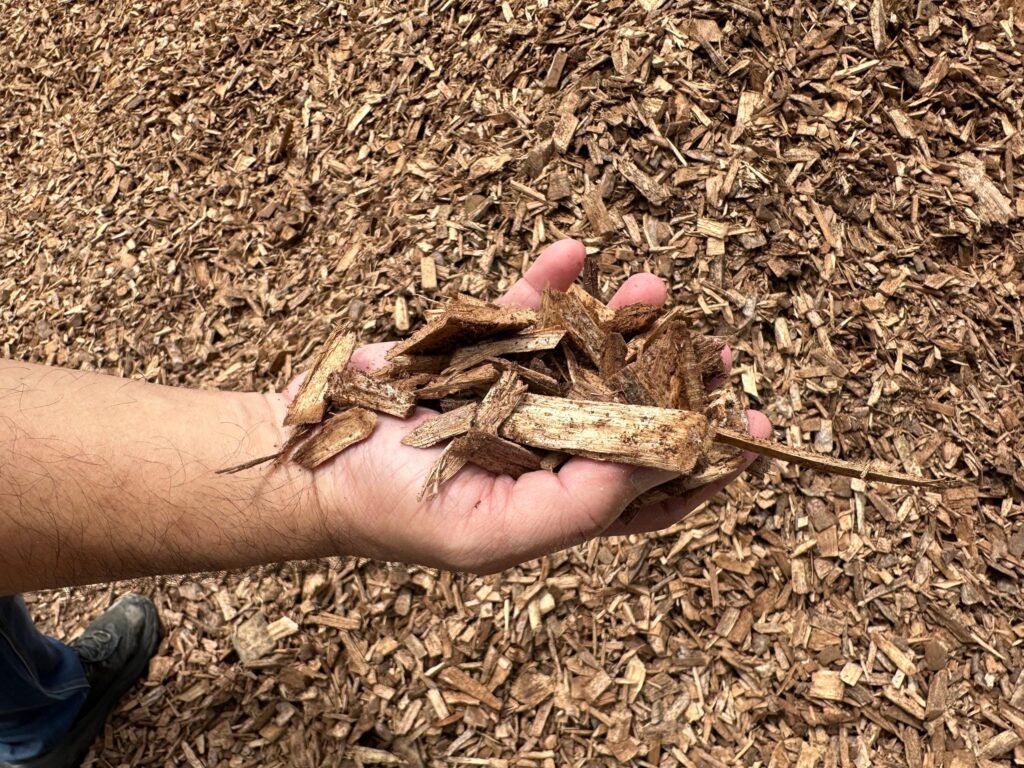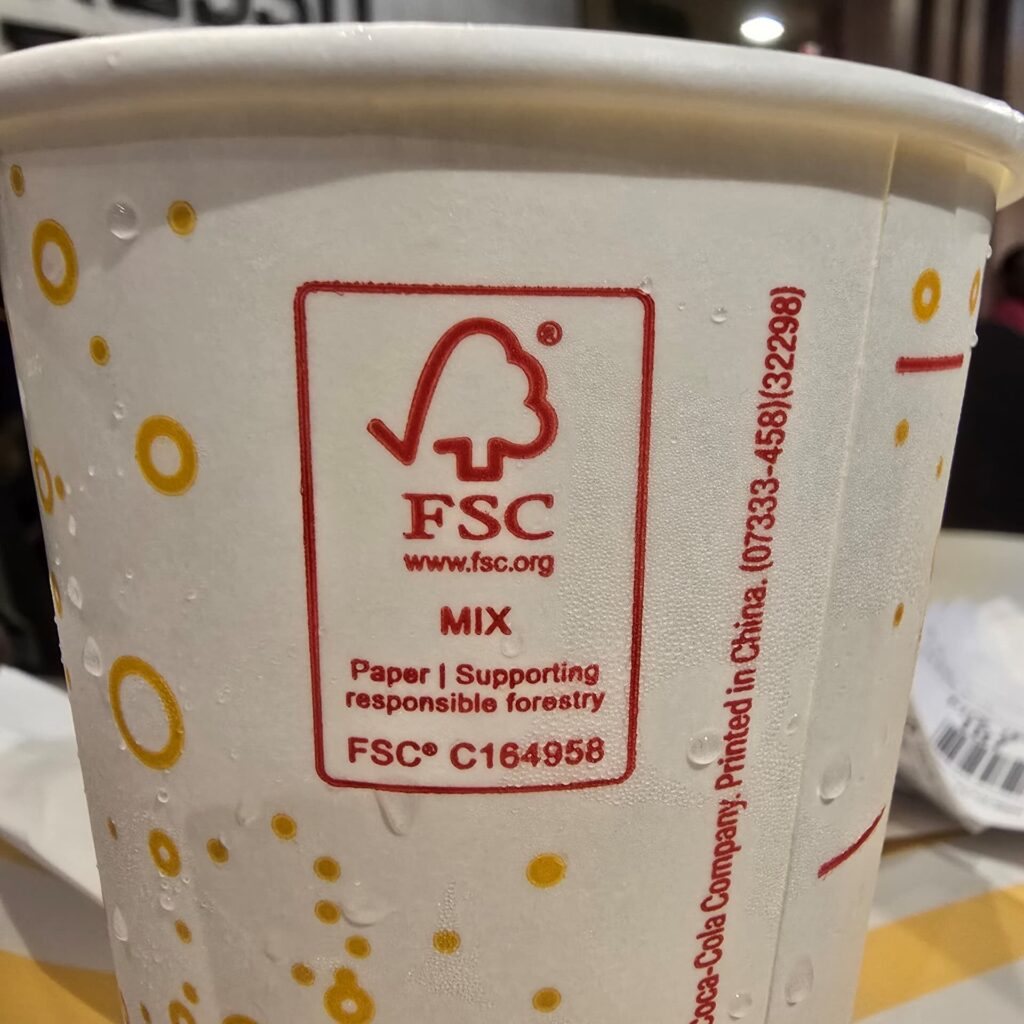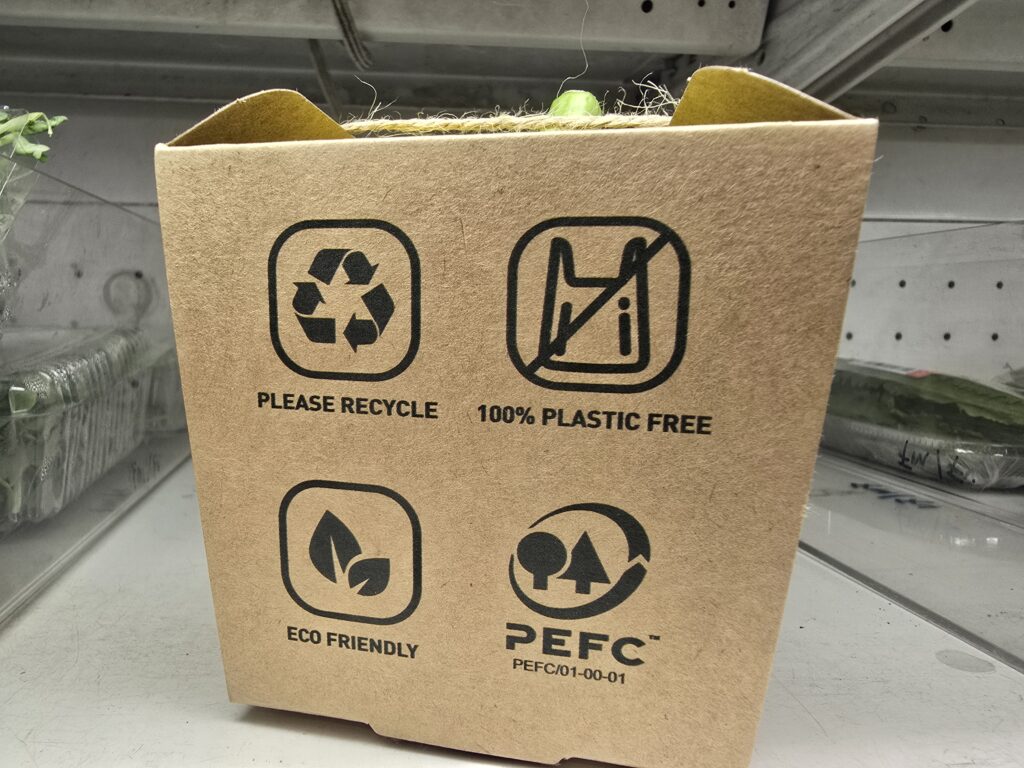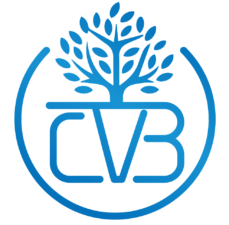Forestry Standard
Explore our tailored consultation services for forestry standards
Explore our tailored consultation services for forestry standards. Certifications like FSC, PEFC, and GGL promote responsible forest management by preventing deforestation, ensuring traceability, and supporting safe, fair working conditions. GGL specifically verifies that biomass for energy comes from sustainable waste sources, not forest destruction—protecting ecosystems, supporting communities, and securing long-term resource sustainability.
Our consultancy offers gap analysis, documentation support, internal audits, and training to help your organization align with these international standards. Whether you are managing natural forests, plantations, or biomass supply chains, our services are designed to enhance compliance, improve operational efficiency, and boost your credibility in both local and global markets.
Green Gold Label (GGL)
The Green Gold Label (GGL) was established in 2002 to certify sustainable biomass and bioenergy, playing a key role in the global transition toward renewable energy. It ensures that biomass used for energy production is sourced responsibly and meets stringent sustainability criteria throughout the supply chain, from origin to end-use. This forestry related certification is particularly relevant for businesses involved in bioenergy production, supply, and distribution across various industrial sectors.
GGL certification has gained significant traction due to growing government policies on carbon reduction, which emphasize the importance of renewable energy sources to combat climate change. With countries like Japan and others in Asia prioritizing sustainable bioenergy imports, GGL-certified biomass has become a preferred choice for these markets. The certification also ensures compliance with international regulations and standards for sustainable resource management, offering increased credibility, long-term competitiveness, and making it an essential tool for companies striving to meet environmental and legal requirements.

Forest Stewardship Council (FSC)
Established in 1993, the Forest Stewardship Council (FSC) is a globally recognized forestry certification system that promotes responsible forest management practices. It ensures that forests are managed sustainably, balancing environmental protection, social responsibility, and economic viability while encouraging long-term stewardship and conservation values. FSC certification applies to a wide range of forest products, including timber, paper, and non-timber resources, and is increasingly demanded by industries focused on sustainable and responsible sourcing.
FSC certification has become even more critical with the implementation of regulations such as the European Union Deforestation Regulation (EUDR), which requires proof that forest-derived products are not linked to deforestation. Additionally, governments and corporations worldwide are intensifying efforts to achieve carbon reduction goals and adopt sustainable practices in line with climate change commitments. FSC certification supports these initiatives by ensuring legal compliance, conserving biodiversity, and respecting the rights of workers and indigenous communities, while enhancing brand reputation and market competitiveness.

Programme for the Endorsement of Forest Certification (PEFC)
Founded in 1999, the Programme for the Endorsement of Forest Certification (PEFC) takes a unique approach by endorsing national forest certification systems that meet its internationally recognized sustainability standards. Unlike FSC, which sets uniform global standards, PEFC is a forestry standard allows flexibility for local adaptation, ensuring that forest management practices are aligned with the cultural, ecological, and social contexts of specific regions, making it especially relevant for diverse forest landscapes and policy frameworks.
PEFC is highly regarded for its strong emphasis on engaging smallholders and local communities in sustainable forestry. It supports biodiversity conservation, ensures forest health, and promotes ethical sourcing, particularly in domestic markets. PEFC certification is increasingly recognized in global markets as a credible alternative or complement to FSC, especially in meeting the requirements of regulations like the EUDR. The certification also provides assurance to buyers, retailers, and governments seeking verified sustainable sources for forest products and contributes to achieving global climate and sustainability goals.

